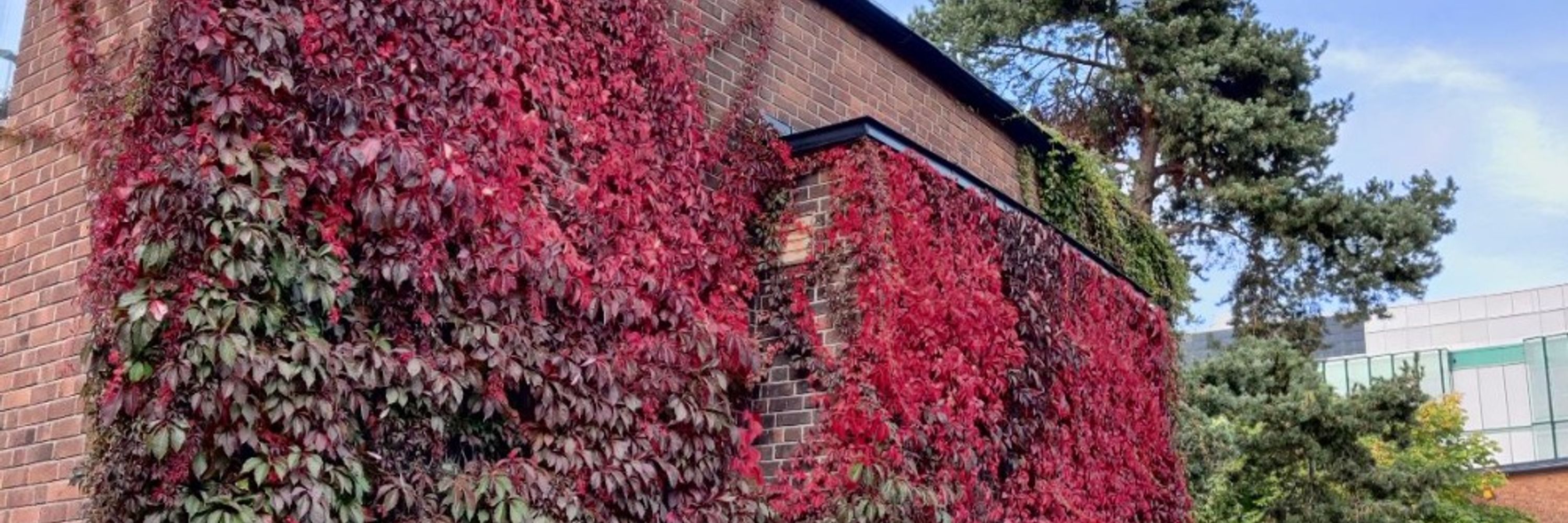
We reason that 1) their data supports rather than rejects the sequence hypothesis, as monkeys and chimps did not perform with any precision in these sequential tasks. 7/n

We reason that 1) their data supports rather than rejects the sequence hypothesis, as monkeys and chimps did not perform with any precision in these sequential tasks. 7/n
@dominikdeffner.bsky.social
@watarutoyokawa.bsky.social
@thecharleywu.bsky.social
@lucasmolleman.bsky.social n.bsky.social
@maximederex.bsky.social y.social
@alexmesoudi.com oudi.com
@psmaldino.bsky.social ky.social
and hopefully many others.
It’s not just learning from others—knowledge of why things make sense may be key for culture to evolve.
It’s not just learning from others—knowledge of why things make sense may be key for culture to evolve.
🔹 Explored fewer, more focused combinations
🔹 Showed lower entropy (less random search)
🔹 Used semantic generalization to build on prior success 🔹 Combined semantically dissimilar items to innovate

🔹 Explored fewer, more focused combinations
🔹 Showed lower entropy (less random search)
🔹 Used semantic generalization to build on prior success 🔹 Combined semantically dissimilar items to innovate
When items had meaning (semantic condition), people innovated far more—especially with social learning. Without meaning (non-semantic condition)? Performance was no better than random "bots".

When items had meaning (semantic condition), people innovated far more—especially with social learning. Without meaning (non-semantic condition)? Performance was no better than random "bots".
Agents that with both semantic knowledge and social learning dominate over time, exploring efficiently—not randomly. Crucially, semantic knowledge and social learning act in synergy.

Agents that with both semantic knowledge and social learning dominate over time, exploring efficiently—not randomly. Crucially, semantic knowledge and social learning act in synergy.

@maximederex.bsky.social), we find that our capacity for semantic knowledge is crucial for directing exploration toward plausible innovations rather than random trial-and-error.
@maximederex.bsky.social), we find that our capacity for semantic knowledge is crucial for directing exploration toward plausible innovations rather than random trial-and-error.
It’s not just learning from others—knowledge of why things make sense may be key for culture to evolve.
It’s not just learning from others—knowledge of why things make sense may be key for culture to evolve.
🔹 Explored fewer, more focused combinations
🔹 Showed lower entropy (less random search)
🔹 Used semantic generalization to build on prior success
🔹 Combined semantically dissimilar items to innovate

🔹 Explored fewer, more focused combinations
🔹 Showed lower entropy (less random search)
🔹 Used semantic generalization to build on prior success
🔹 Combined semantically dissimilar items to innovate

